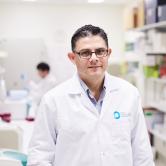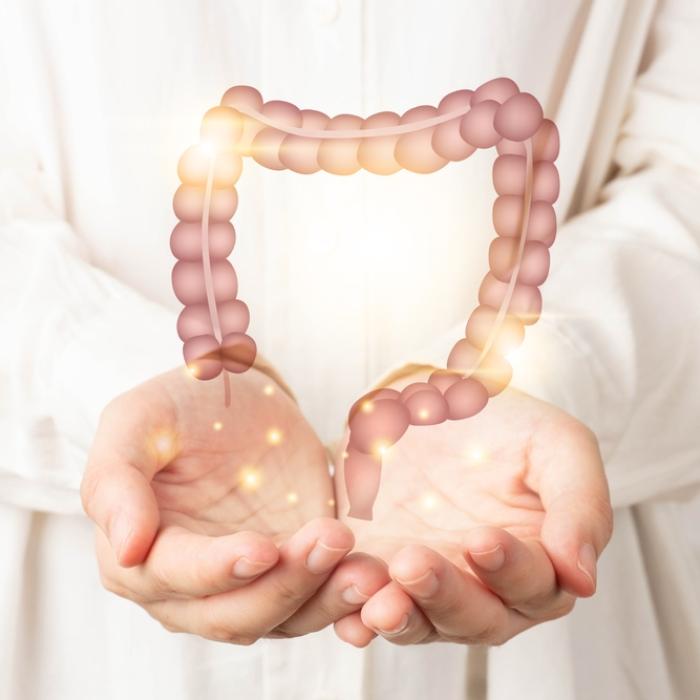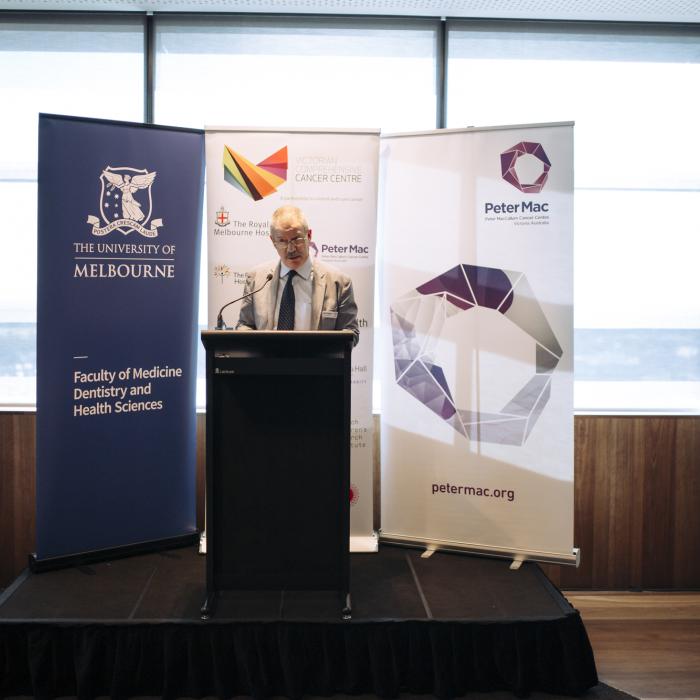Monday Lunch Live
STING agonists for therapy of p53 mutant blood cancer
17 February 2025.
Differentiation loss is a critical yet understudied feature of colorectal cancer. This seminar will discuss Prof John Mariadason's lab findings into the molecular drivers of differentiation loss, and the implications for cancer initiation and progression. He will also discuss the lab's work in investigating strategies for re-inducing differentiation as a new therapeutic strategy for treating colorectal cancer.
Chair
Dr Shehara Mendis
Upper gastrointestinal cancer co-lead, VCCC Alliance
Medical oncologist, Clinical researcher: Walter and Eliza Hall Institute of Medical Research (WEHI), Western Health, Cabrini Health
Shehara is a medical oncologist and clinical researcher with current appointments at Western Health, Cabrini Health and the Walter and Eliza Hall Institute of Medical Research (WEHI).
She obtained a Master of Cancer Sciences whilst undertaking a clinical and research fellowship specialising in cancers of the gastrointestinal tract at BC Cancer in Vancouver, Canada. She is involved in the full spectrum of clinical trials, from early phase to investigator-initiated and registry-based clinical trials.
Prof John Mariadason

Prof John Mariadason received his PhD in 1998 from the University of Melbourne and undertook his post-doctoral training at Montefiore Medical Center, Albert Einstein College of Medicine, in the Bronx, NY, studying pathways that drive proliferation and maturation of colon cancer cells. In 2001, he was appointed as Assistant Professor of Medicine at Albert Einstein, and Associate Professor in 2008.
He joined the Ludwig Institute for Cancer Research in Melbourne in 2008 as a Laboratory Head, and is a founding member of its successor, the Olivia Newton-John Cancer Research Institute, created in 2015, and holds honorary Professorial appointments in the School of Cancer Medicine at La Trobe University and the Department of Medicine, Austin Health, at the University of Melbourne.
Prof Mariadason's laboratory investigates the transcription factors, epigenome modifying molecules and signaling pathways which regulate the differentiation status of biliary, gastric and colorectal cancers. His laboratory also investigates new therapies for treating colon cancer, particularly epigenome-modifying drugs, and biomarkers for predicting drug response. He has published over 140 papers (>13,000 citations, h-index 62), and is a previous recipient of an ARC Future Fellowship and NHMRC Senior research fellowship. His group has been continuously funded from grants from the NIH, NHMRC, MRFF, VCA and Cancer Council of Victoria for the past 20 years.
Resource details

This course is brought to you by



